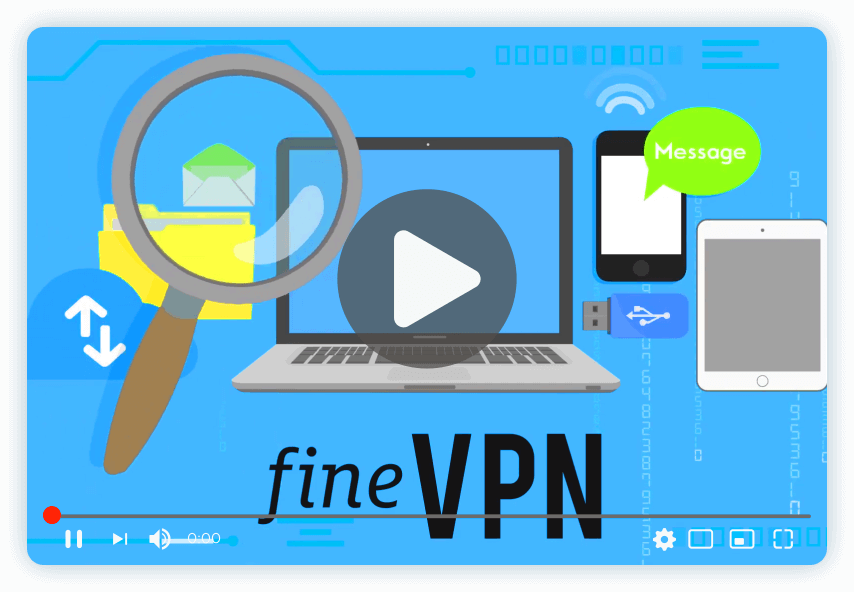In the digital age, the quest for knowledge often leads us to explore areas that are delicate, controversial, or of a sensitive nature. Whether it’s for academic purposes, journalistic investigation, or personal enlightenment, researching sensitive topics online can expose individuals to significant risks, including surveillance, data breaches, and censorship. This article delves into why a Virtual Private Network (VPN) is indispensable for anyone undertaking such research.
Understanding the Terrain: The Nature of Sensitive Research
Sensitive research topics often pertain to areas that are politically charged, socially controversial, or personally private. These can range from human rights investigations, political dissent, health-related inquiries, to exploring areas censored by certain jurisdictions. The act of researching these topics can draw unwanted attention from governments, corporations, and malicious actors, who may monitor internet traffic to identify, censor, or retaliate against researchers.
Navigating Safely: The Role of VPN in Sensitive Research
A VPN serves as a critical tool in the researcher’s toolkit, offering a secure tunnel through which all internet traffic is encrypted and routed. By masking the user’s real IP address and replacing it with one from the VPN server, it obscures the user’s physical location and internet activities from prying eyes. This anonymity and encryption protect the researcher from surveillance, data interception, and the threat of cyberattacks.
The Case for VPNs in Research: Advantages and Imperatives
Using a VPN for researching sensitive topics offers several compelling advantages:
- Anonymity: Keeps the researcher’s identity and location hidden, crucial for investigating topics under regimes or situations where such actions may be frowned upon or outright dangerous.
- Security: Encrypts data transmissions, safeguarding against interception by hackers, governments, or ISPs.
- Access: Enables researchers to circumvent geo-restrictions and censorship, accessing information that may be blocked in their country.
- Safe Communication: Protects email and messaging, essential for confidential communications with sources or collaborators.
Potential Hurdles: VPN Use Challenges
While VPNs offer robust protection, potential issues include:
- Dependence on Trustworthy Providers: The need for a reliable VPN that does not log user activity.
- Speed and Connectivity Issues: Encryption and routing can sometimes reduce internet speed.
- Legal and Policy Considerations: In some jurisdictions, VPN use is restricted or regulated.
FineVPN: Your Trusted Partner in Sensitive Research
FineVPN stands out as the optimal choice for researchers delving into sensitive topics for several reasons:
- No Cost: Completely free service, removing financial barriers to secure research.
- Strong Encryption: Utilizes state-of-the-art encryption protocols to ensure data security.
- No-Logs Policy: Guarantees that your activities and identity remain anonymous and unrecorded.
- Global Server Network: Offers access to a wide range of locations, enabling research across geo-restricted content.
Getting Started: Installing FineVPN with Wireguard
To harness FineVPN for your research needs, follow these steps to install using Wireguard and the FineVPN configuration file:
- Download Wireguard: Install the Wireguard application on your device.
- Obtain Configuration File: Visit FineVPN’s website and download the configuration file for your desired server location.
- Import Configuration: Open Wireguard, import the downloaded configuration file.
- Connect: Activate the VPN connection within Wireguard to secure your research activities.
By following these instructions, researchers can easily set up a robust, free VPN service, ensuring their online activities remain private, secure, and unrestricted. FineVPN’s commitment to privacy, coupled with the power of Wireguard’s modern encryption, offers an unparalleled solution for researching sensitive topics safely and effectively.












